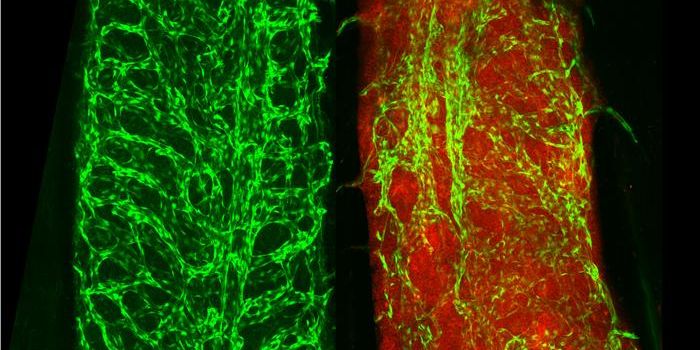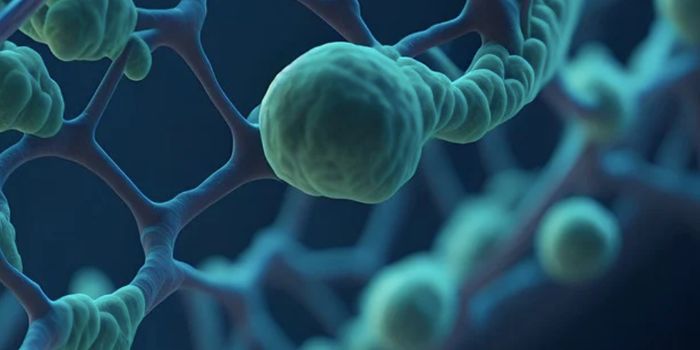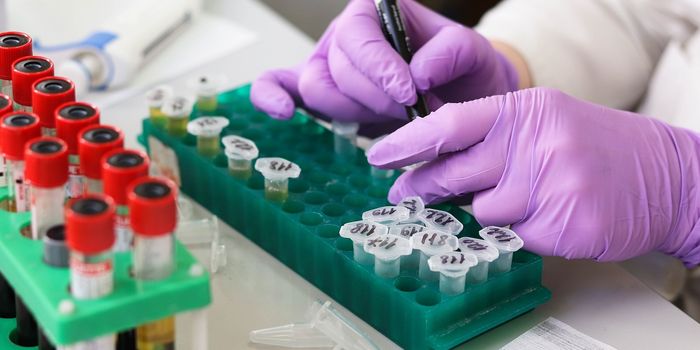One of the main sessions at this year's Experimental Biology Conference in Boston was the Tang Prize Award lecture. It was created in December 2012 to recognize exemplary research accomplishments from all over the world in four fields: sinology, sustainable development, rule of law, and biopharmaceutical science.

James P. Allison, Ph.D., and Tasuku Honjo, Ph.D., were the first recipients of the biopharmaceutical science prize. Dr. Allison is a professor and chair of Immunology at the University of Texas's M.D. Anderson Cancer. Honjo is a professor in the department of Immunology and Genomic Medicine at Kyoto University in Japan.
Dr. Allison came to the conference to present a summary of their research. Both scientists were recognized for their work regarding two inhibitory molecules, PD-1 and CTLA-4, which has led to the creation of a new form of cancer immunotherapy called immune checkpoint blockade.
PD-1 and CTLA-4 are essentially off-switches emitted by T cells capable of shutting down immune system responses. The professors were able to craft new antibodies to block these signals, allowing the immune system to launch an attack when a tumor begins forming in the body.
A number of developments arose from this discovery:
• Ipilimumab, a drug Dr. Allison said was derived from his antibody, had shown extraordinary results in clinical trials. Twenty-three percent of patients with advanced melanoma "survived at least three years," according to The Wall Street Journal. This survival benefit helped the Food and Drug Administration (FDA) make the decision to approve the drug, now known as Yervoy, manufactured by Bristol-Myers Squibb, in 2011 primarily for the treatment of metastatic melanoma.
• The Tang Prize Foundation's website reports that Dr. Honjo's work with PD-1 antibodies is currently being evaluated for treating non-small cell lung cancer as well as other pathogens.
"Immunotherapy is not a curiosity anymore," Dr. Allison told the audience referring to the accelerated number of scientists who are searching for tumor targets and refining an antibody-oriented therapy to treat cancers that have never been curable.
However, Dr. Allison mentioned a number of issues that needed to be considered in order for the clinical development for this form of therapy to progress, such as targeting new molecules to enhance efficacy as well as defining the anti-tumor effect's molecular and cellular mechanisms.










